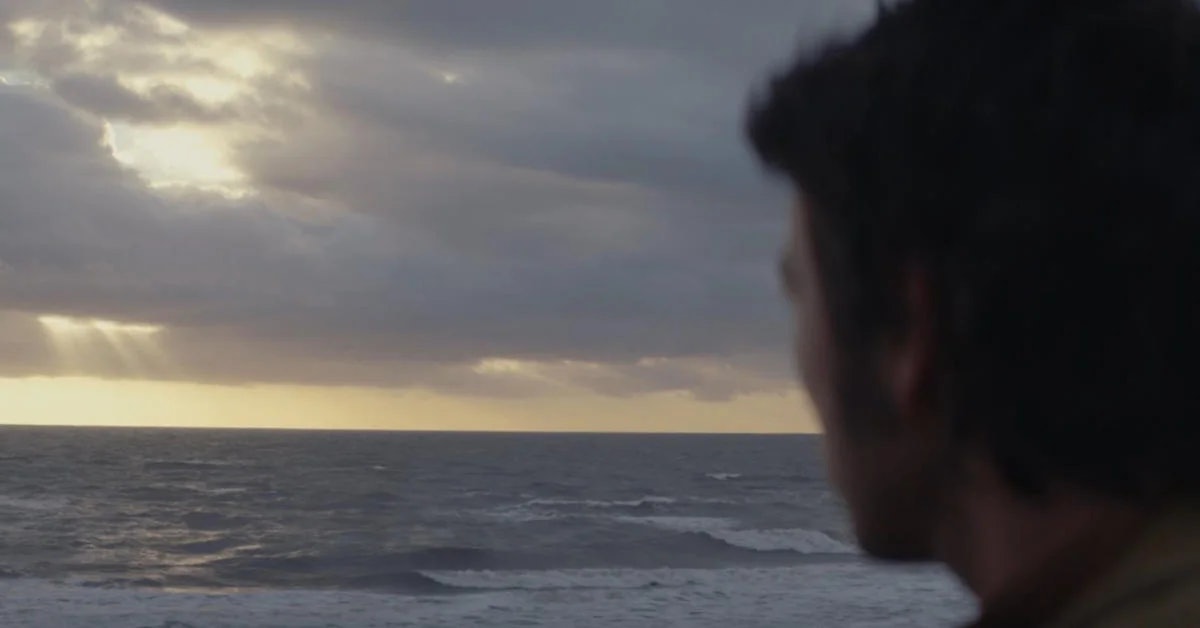
“I burn my life to make a sunrise I know I'll never see.” Luthen’s powerful speech in the 10th episode of Andor was not just the thesis for the show but for Tony Gilroy’s vision of Star Wars in general.
With both 2016’s Rogue One (which Gilroy co-wrote with Chris Weitz) and the phenomenal prequel series Andor, Gilroy helps to populate the galaxy far, far away with more than just Jedi Knights, Sith Lords, and their clones. Living amongst this collection of planets are ordinary people, doomed foot soldiers, innocent bystanders, and not-so-innocent bystanders. They may not all get an epic redemption arc, but they get something arguably better: to be more than just faceless victims of the Empire.
Despite being the title character of Andor, these are the type of people that Cassian Andor (Diego Luna) represents — those whose lives are laid down in the name of rebellion and freedom, but whose names won’t go down in the history books. His bittersweet death in Rogue One took place on a sun-dappled beach that felt like a peaceful oasis from the horrors they had endured until now. As Cassian and Jyn tearfully embrace on the beautiful beach, they smile before being enveloped by the light of the Death Star annihilating the planet they’re standing on — the sunrise they made together literally burning their bodies up.
Five years earlier, it was on a beach just like it where Cassian Andor faced another tragedy and another turning point in his life as a rebel.
Spoilers for Andor Episode 11 below.

In Andor Episode 11, “Daughter of Ferrix,” Cassian and fellow prison escapee Ruescott Melshi (Duncan Pow) flee to Niamos, the space Florida resort where Cassian was frittering away his Aldhani heist money before his arrest and kangaroo-court conviction. The two are finally able to exhale after evading capture by Keredians (who subsequently aided them in their escape). Finally safe, Cassian makes a phone call home. But it’s Xanwan (Zubin Varla) who intercepts the call and recognizes Cassian’s voice.
“I need to get a message to Maarva Andor,” Cassian says. “Tell Maarva I'm okay. Tell her I’m thinking about her. She’d be proud of me. And I'll get back as soon as I can.”
Cassian is at first too excited to recognize the mournful tone in Xanwan’s voice. But finally, Xanwan breaks the news to him: Maarva is dead.

Despite all the machinations by the Empire to capture Cassian through his friends and family — torturing Bix, surveilling Maarva, putting all of Ferrix on high alert — Maarva died a quiet death offscreen. It happens a few minutes into the episode, and the rest of Episode 11 follows the aftermath as her loved ones grieve her life and put her affairs in order.
There are connections to the overall plot, of course. Maarva spends her final days helping the Rebellion, while the Empire sees her death as potential bait to lure in Cassian. But Andor wisely focuses on how a small, quiet death like Maarva’s can still send ripples that reverberate across a galaxy. And that biggest ripple hits Cassian on a beach just like the one where he meets his death, foreshadowing a moment where he must process (and accept) a loss that he never expected.
It’s a touching parallel and undoubtedly an intentional one. The warm, sunny beach and the moment of bittersweet loss clash in a visual and thematic echo to Cassian Andor’s final scene in Rogue One. But most importantly, it’s a turning point for Cassian Andor, who is primed in this moment to go from a begrudging rebel to an impassioned one.
Andor is streaming on Disney+.







